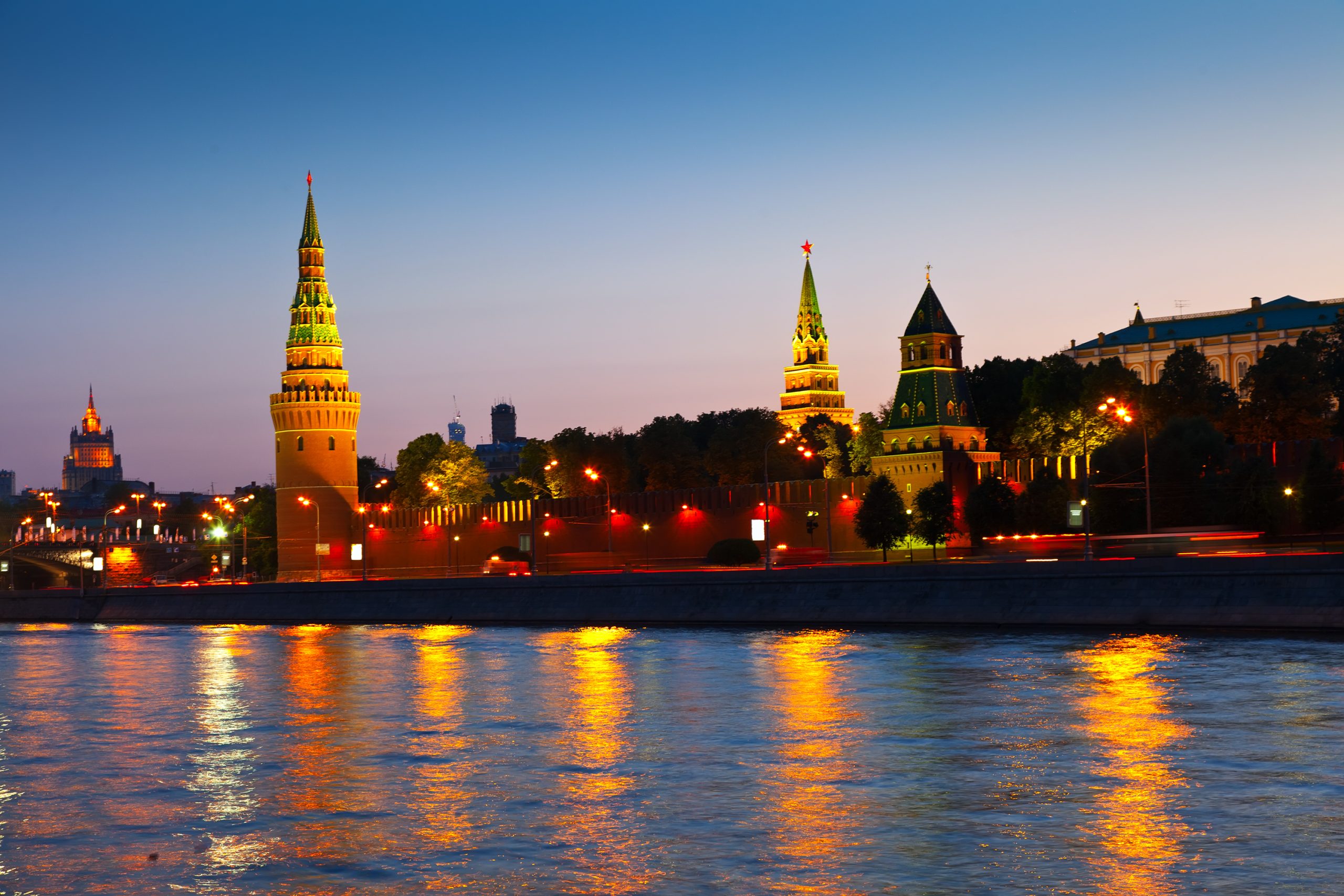Disagreement over expanding the EU’s energy-related restrictions makes a ban on Russian LNG imports unlikely. At the same time, potential measures on helium suggest Europeans are keen to avoid becoming dependent on the growing Russian industry.
On 8 May, EU ambassadors met to discuss options for the bloc’s 14th sanctions package against Russia, which the European Commission hopes can be adopted by July. The European Union’s most impactful measures are already in place, including a ban on Russian seaborne oil imports and restrictions on the export of high-tech goods to Russia. New sanctions can therefore only be limited in scope, focusing on finetuning existing measures or imposing minor ones. However, the adoption of these new measures will be an important test of the bloc’s unity vis-à-vis the Kremlin at a time when some member states, such as Hungary, are cosying up to Moscow. It will also test the EU’s commitment to impeding Russia’s war effort – possibly on its own if Donald Trump is re-elected as US president in November.
About the Author:
Agathe Demarais is a Senior Policy Fellow at ECFR. Her areas of expertise include: Geoeconomics; De-risking; Sanctions; Global economy; Russian economy


